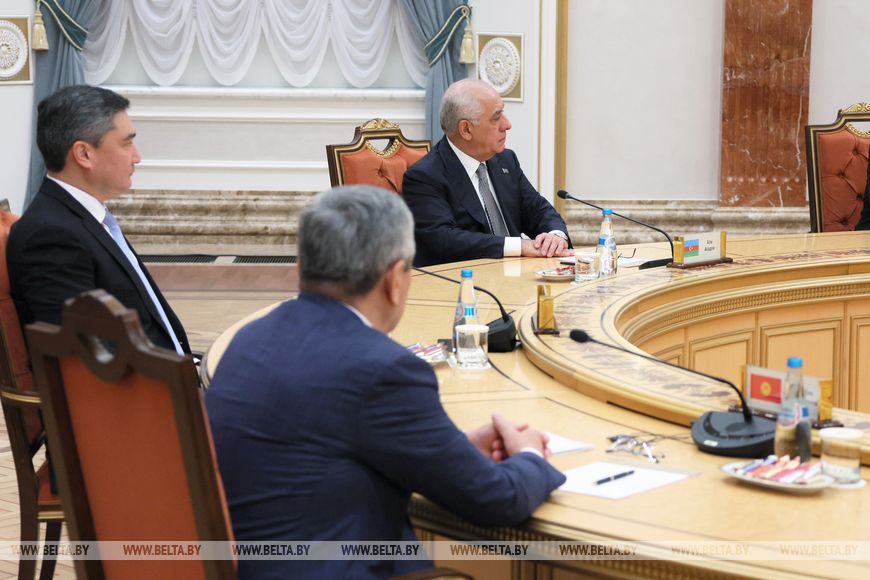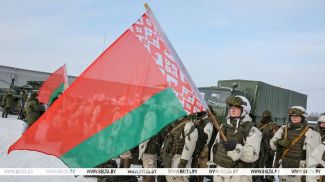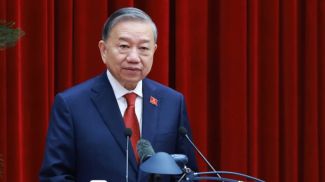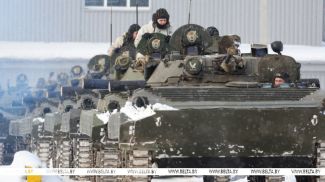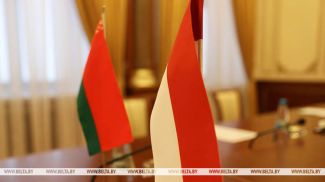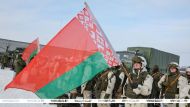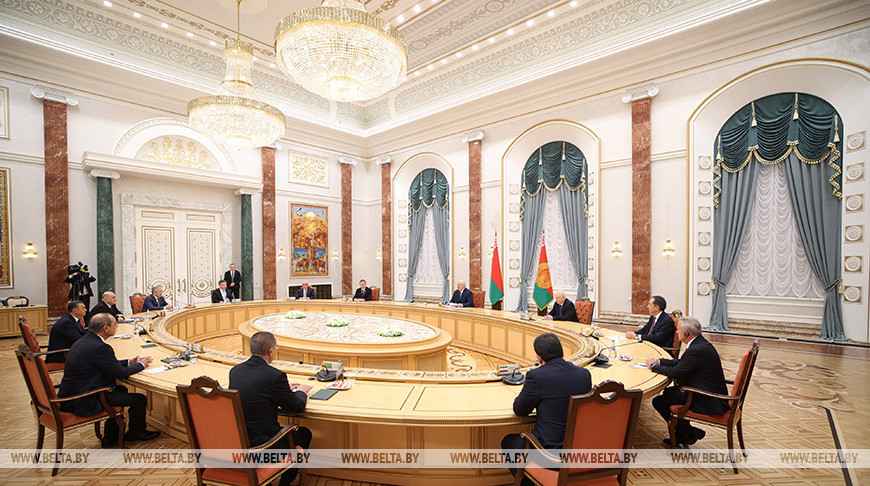
MINSK, 30 September (BelTA) – Belarusian President Aleksandr Lukashenko praised a solid pace of development within the Commonwealth of Independent States (CIS) and the Eurasian Economic Union (EAEU) as he met with heads of government delegations participating in the Eurasian Intergovernmental Council and the CIS Heads of Government Council in Minsk on 30 September, BelTA has learned.
“The CIS and EAEU states are demonstrating a solid pace of development. Last year, the GDP of these associations grew by 4.5%. Industrial production saw similar growth levels. Inflation is under control, there is no issue with unemployment (in fact, quite the opposite), and the population's incomes are rising,” the head of state said.
“The preservation of economic stability and the growth of key indicators in our region should be driven by the implementation of joint scientific and technical developments, the establishment of resilient transport and logistics schemes, and the expansion of mutually beneficial trade and investment,” Aleksandr Lukashenko said.
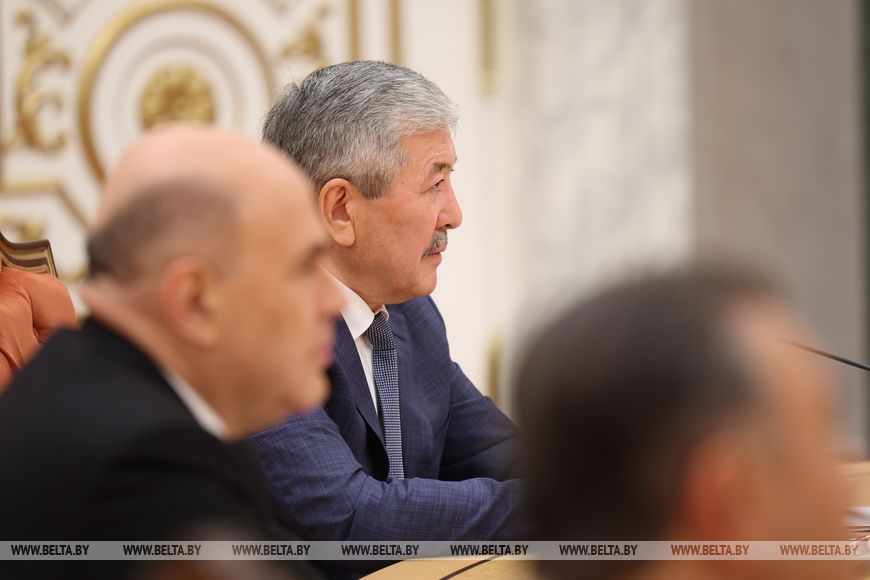
In his words, Belarus has placed a special emphasis on industry, particularly machine building, since Soviet times. “In this sector, we see our specialization and, if you will, our calling. I hope the international industrial exhibition INNOPROM. Belarus has helped you gain a full picture of the development level of Belarusian industry and assess the potential for industrial cooperation between our countries within our unions,” the president said.
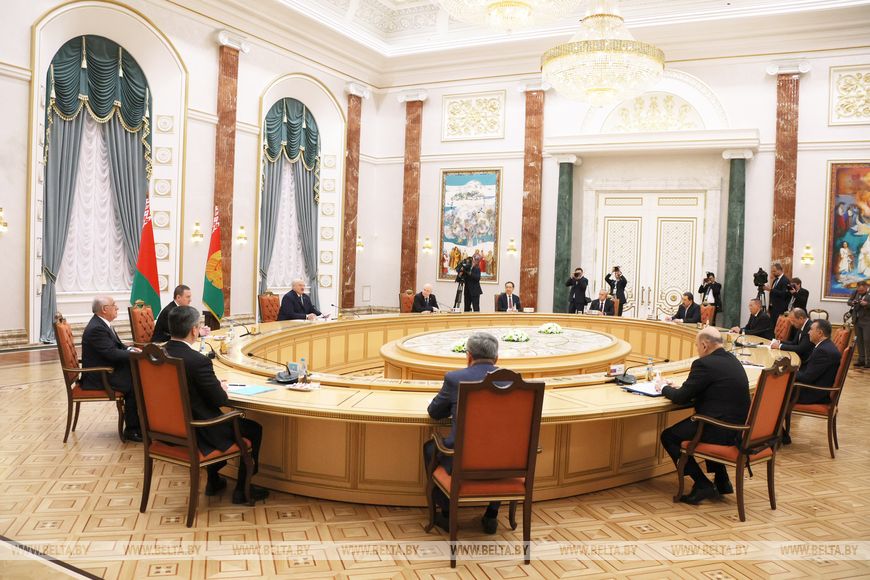
Aleksandr Lukashenko named food security as another crucial component of regional integration: “Not just agricultural development, but specifically food security. This is a matter of social stability and, without exaggeration, of the very existence of peoples and states (especially today, when nearly a billion people worldwide are starving). We understood its seriousness long ago, and the savage sanctions imposed against Belarus have only confirmed the correctness of our chosen course towards achieving self-sufficiency in the most critical areas.”
The head of state expressed confidence that all the necessary conditions are in place for successful cooperation between countries in the agro-industrial sector and for realizing their ambitions in external food markets. In this context, he welcomed the proposals that were developed to extend the existing EAEU budget mechanism for subsidizing industrial cooperation projects to those in the agro-industrial complex.
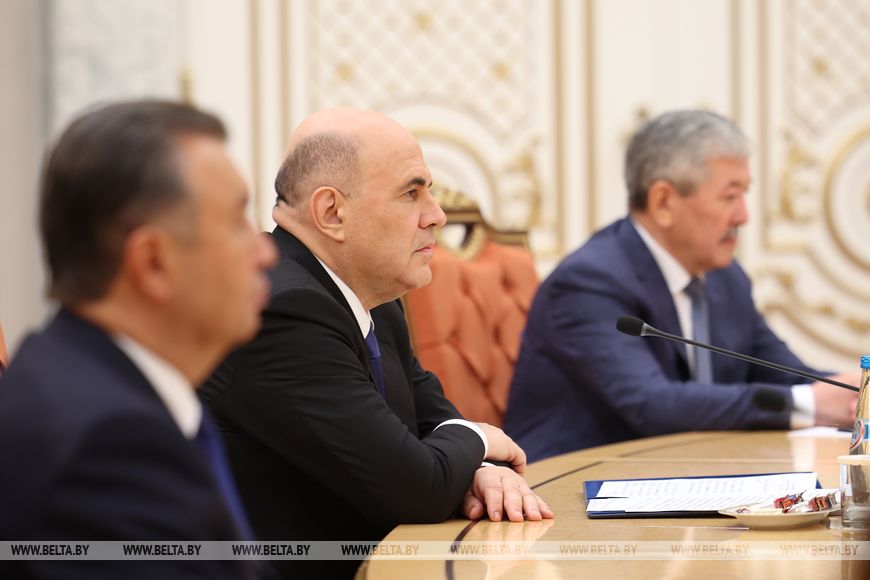
Aleksandr Lukashenko also mentioned the digitalization sector, which is currently a frequent topic of discussion. “However, cooperation in this area has not yet reached the proper level. The issue of recognizing digital signatures has remained unresolved for many years,” the Belarusian leader remarked. “In this area, there are two tasks: the first is to grant mutual access to national information systems, and the second is to ensure their compatibility. Together with Russia, we are progressing quite well in this regard. We will resolve these issues in the near future. If there are others who wish to use our experience, you are most welcome.”
